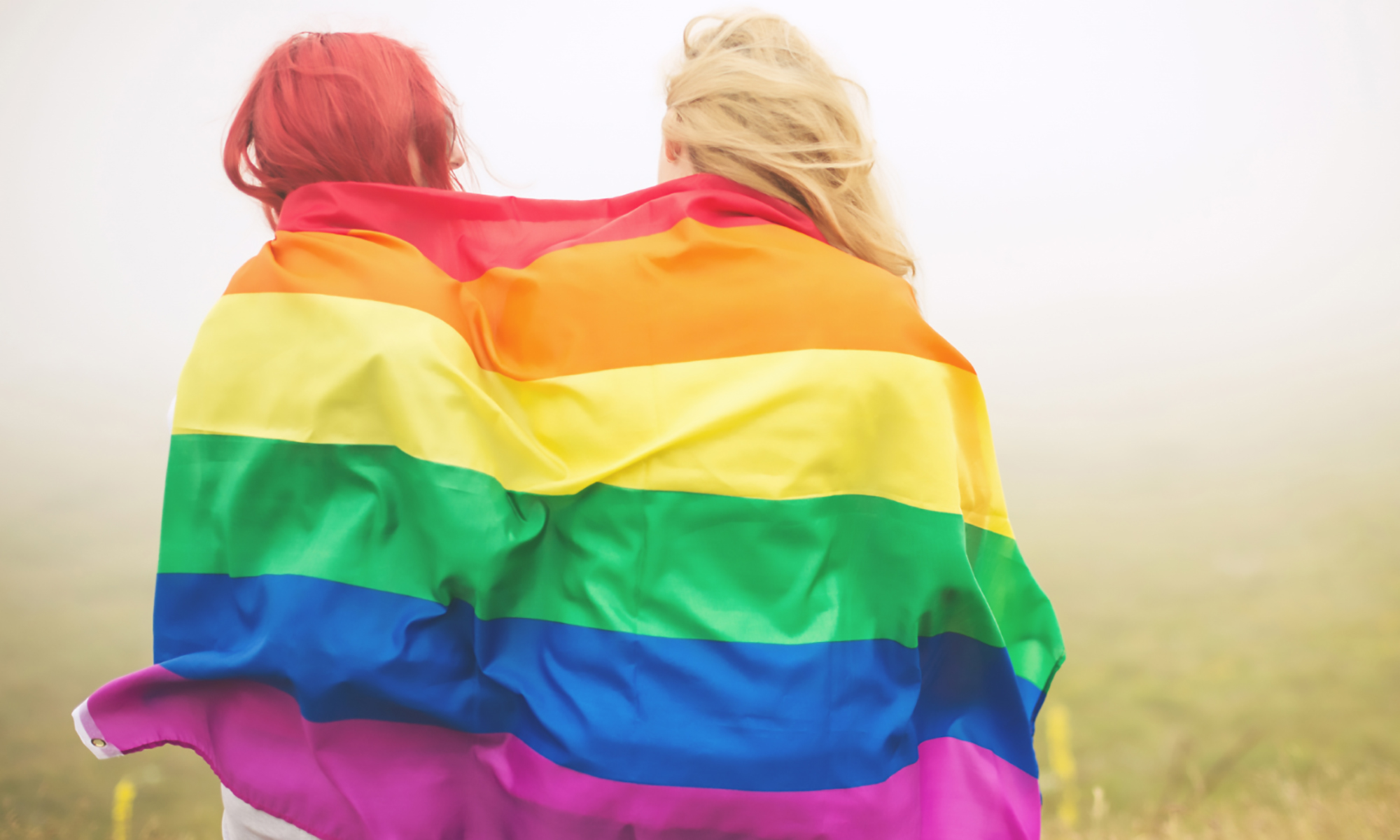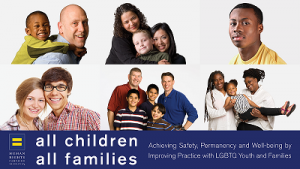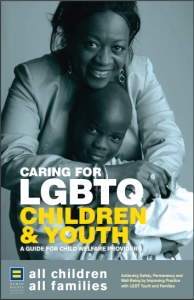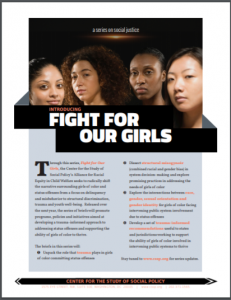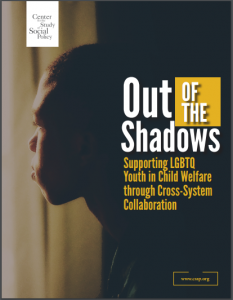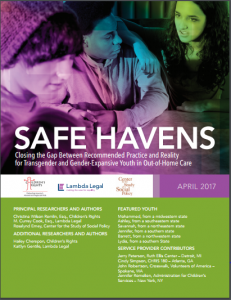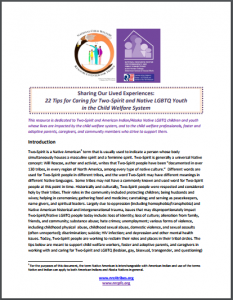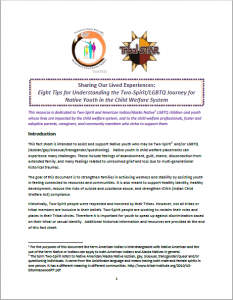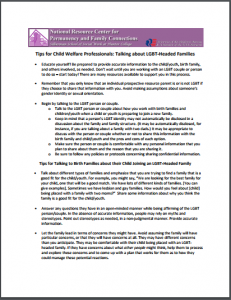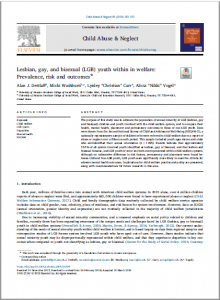 The purpose of this study was to estimate the population of sexual minority or LGB (lesbian, gay and bisexual) children and youth involved with the child welfare system, and to compare their health, mental health, placement and permanency outcomes to those of non-LGB youth. Data were drawn from the Second National Survey of Child and Adolescent Well-Being (NSCAW-II), a nationally representative sample of children who were referred to child welfare due to a report of abuse or neglect over a fifteen month period. Results indicate that approximately 15.5% of all system involved youth identified as lesbian, gay or bisexual, and that lesbian and bisexual females, and LGB youth of color are both overrepresented within child welfare systems. Although no substantive difference in risk factors, permanency and placement were found between LGB and Non-LGB youth, LGB youth were significantly more likely to meet the criteria for adverse mental health outcomes. Implications for child welfare practice and policy are presented, along with recommendations for future research in this area.
The purpose of this study was to estimate the population of sexual minority or LGB (lesbian, gay and bisexual) children and youth involved with the child welfare system, and to compare their health, mental health, placement and permanency outcomes to those of non-LGB youth. Data were drawn from the Second National Survey of Child and Adolescent Well-Being (NSCAW-II), a nationally representative sample of children who were referred to child welfare due to a report of abuse or neglect over a fifteen month period. Results indicate that approximately 15.5% of all system involved youth identified as lesbian, gay or bisexual, and that lesbian and bisexual females, and LGB youth of color are both overrepresented within child welfare systems. Although no substantive difference in risk factors, permanency and placement were found between LGB and Non-LGB youth, LGB youth were significantly more likely to meet the criteria for adverse mental health outcomes. Implications for child welfare practice and policy are presented, along with recommendations for future research in this area.
